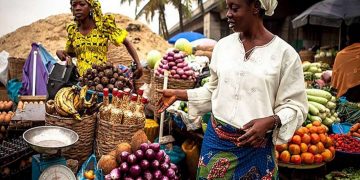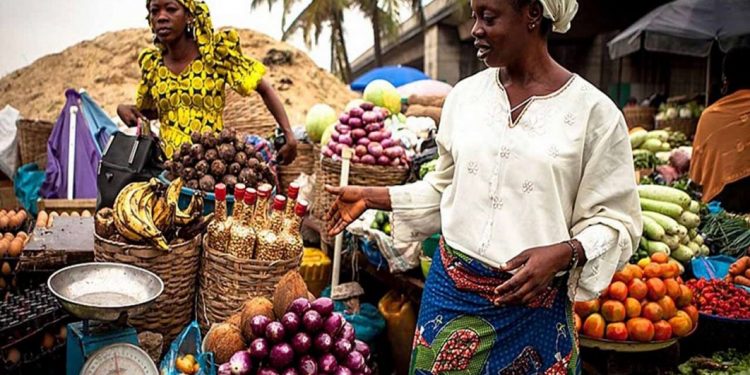By John Ikani
Latest data released by the National Bureau of Statistics (NBS) indicates that inflation in Nigeria dipped slightly in December, falling to 21.34% after 10 consecutive months of increases.
In November last year, inflation reached 21.47% with the NBS attributing the rise to an increase in demand during the holiday season, rising production costs, and a weaker naira currency.
Food inflation also dropped to 23.75% in December, down from 24.13% in November.
Meanwhile, the Central Bank of Nigeria is set to meet next Tuesday to decide on interest rates in the country.
The apex bank has previously stated that interest rate will continue to raise if inflation remains high.
It is worthwhile to note that high inflation, economic stagnation, and increasing insecurity are major issues for voters as Nigeria prepares for legislative and presidential elections next month, in which incumbent President Muhammadu Buhari will not participate due to term limits.
Policymakers in Nigeria have said that persistent inflationary pressures are structural and mostly imported.




































